Research Counts
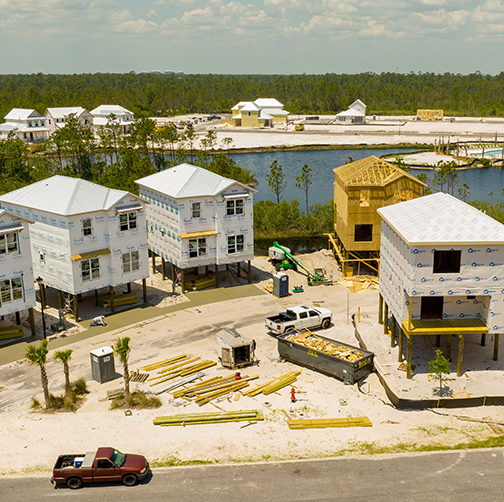
Opinions on the wisdom of rebuilding in flood zones can vary based on many factors—including how the benefits and risks are presented. Learn more about what can sway the public for or against using federal funds for such efforts.

The COVID-19 pandemic claimed millions of lives, but stronger international cooperation, better management of isolation, and socio-technological solutions could have reduced the most devasting impacts. This piece explains how.
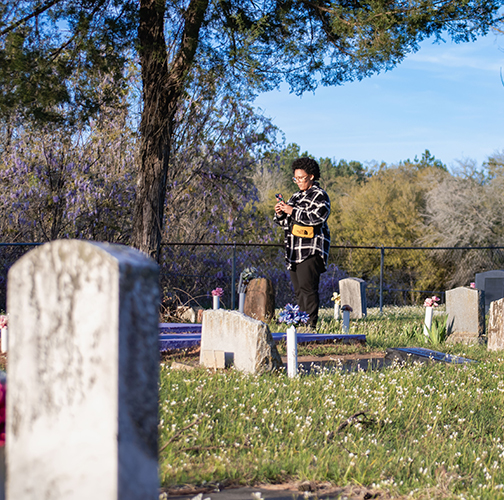
Cemeteries are invaluable resources that honor our dead, preserve our history, and sustain our cultural identity. This article examines available resources to protect these places and reminds us that such work should be practical and equitable.
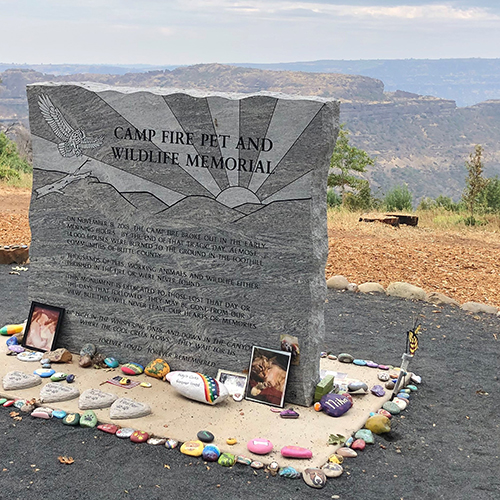
Although commemorations of disaster are often seen as a universal good that promotes remembrance, community, and healing, they might not be perceived that way by all. This article details the value of commemorations and ways to ensure they are just and inclusive.
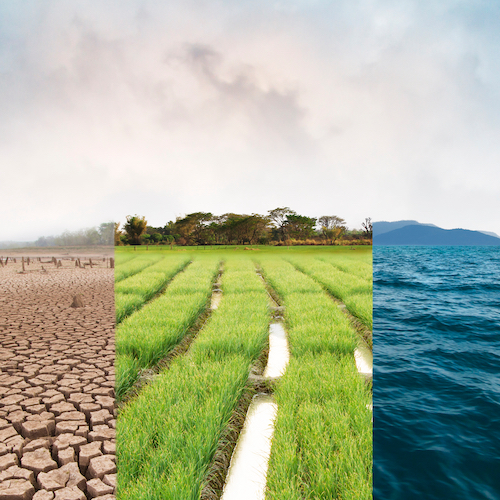
Read about the latest Research Counts Special Collection in this introduction to the series focused on international perspectives at every stage of disaster management.
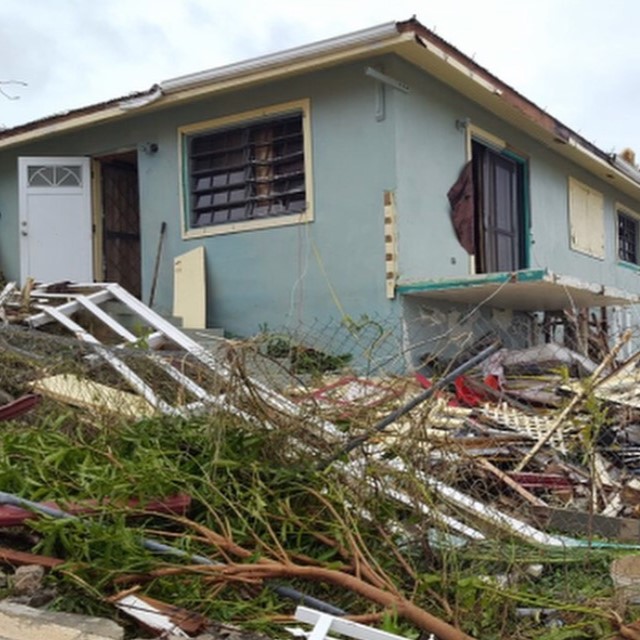
This article explains how community solidarity can discourage criminal activity in the absence of a timely humanitarian response. This research explores the power of community in U.S. Virgin Islands and finds that pro-social behavior is prevalent.

Unsolicited donations after a disaster can create logistical challenges and aren't helpful to survivors. This article sheds light on the disconnect between what people want to give and what people actually can use after a disaster.
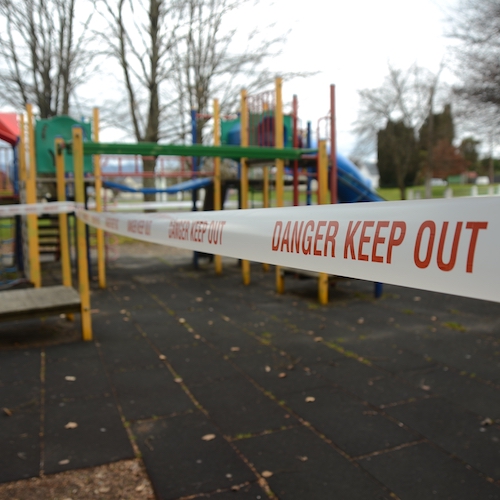
Childcare center preparedness expectations are different from other child-serving institutions. This article uses a New Zealand case study to offer strategies to support childcare center preparedness and overcome obstacles in implementing policies and procedures.
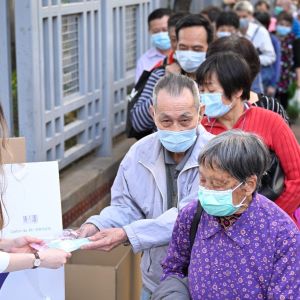
Health risk communications are more successful when conveyed by trusted stakeholders in ways sensitive to local contexts. Learn how perceptions of stakeholder expertise and trustworthiness impact decision-making.
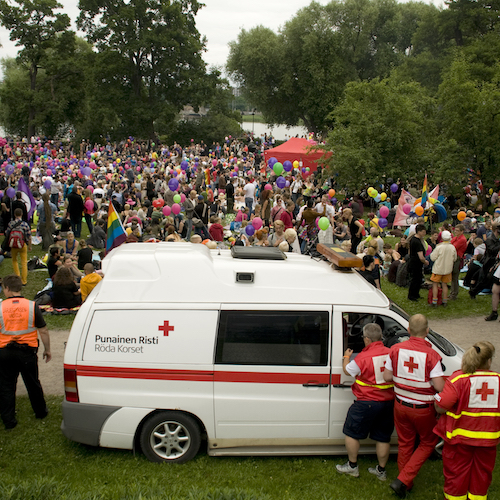
Finnish society provides an example of how non-governmental organizations (NGOs) and other groups can co-create safer and more secure societies together—as well as the challenges co-creation processes can introduce. This Research Counts explores a framework for co-creation using regional forums with 188 participants from public entities and NGOs.
If you are interested in contributing to this series, please contact Natural Hazards Center Director Lori Peek directly at lori.peek@colorado.edu.
